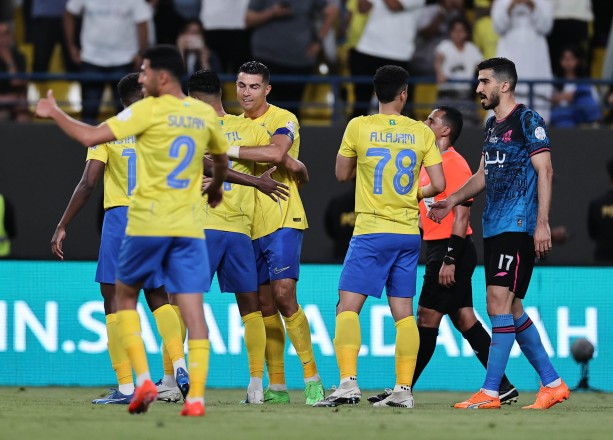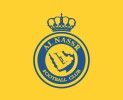
Former Al-Nassr Star Reveals Reasons for Al-Nassr's Struggles in Recent Seasons
Hashim Sarour, a former star of Al-Nassr Club, highlighted the main reasons contributing to the team's decline in performance over the past few years, confirming that there are three fundamental issues that have significantly impacted the team's results.
Sarour pointed out that the excessive neglect of fitness levels is one of the main reasons leading to the players' poor performance. Maintaining good physical fitness is considered the most important weapon against competing teams to achieve victories and display fighting spirit on the field.
Sarour criticized the coach's performance, stating that the team suffers due to the coach's inability to read matches correctly, which reflects on his tactics and lineup choices. He also added that the lack of a clear strategy has contributed to the team's decline.
Sarour affirmed that the management has not shown sufficient intervention to guide the coach or even correct the team's course when it goes in the wrong direction. The absence of technical expertise and the authority to intervene by the officials contributed to the ongoing crisis and the lack of a radical change in performance.
Despite the successes that Al-Nassr achieved in previous periods, these recurring problems have caused the team to struggle in recent seasons, raising questions about the team's future amid these ongoing challenges.
In the end, Sarour emphasized the need for Al-Nassr's management to take serious steps to rectify the technical and physical situations within the team, highlighting the importance of having a strong administrative structure capable of handling difficult situations and making the right decisions to steer the team back on the right path.
Sarour pointed out that the excessive neglect of fitness levels is one of the main reasons leading to the players' poor performance. Maintaining good physical fitness is considered the most important weapon against competing teams to achieve victories and display fighting spirit on the field.
Sarour criticized the coach's performance, stating that the team suffers due to the coach's inability to read matches correctly, which reflects on his tactics and lineup choices. He also added that the lack of a clear strategy has contributed to the team's decline.
Sarour affirmed that the management has not shown sufficient intervention to guide the coach or even correct the team's course when it goes in the wrong direction. The absence of technical expertise and the authority to intervene by the officials contributed to the ongoing crisis and the lack of a radical change in performance.
Despite the successes that Al-Nassr achieved in previous periods, these recurring problems have caused the team to struggle in recent seasons, raising questions about the team's future amid these ongoing challenges.
In the end, Sarour emphasized the need for Al-Nassr's management to take serious steps to rectify the technical and physical situations within the team, highlighting the importance of having a strong administrative structure capable of handling difficult situations and making the right decisions to steer the team back on the right path.










